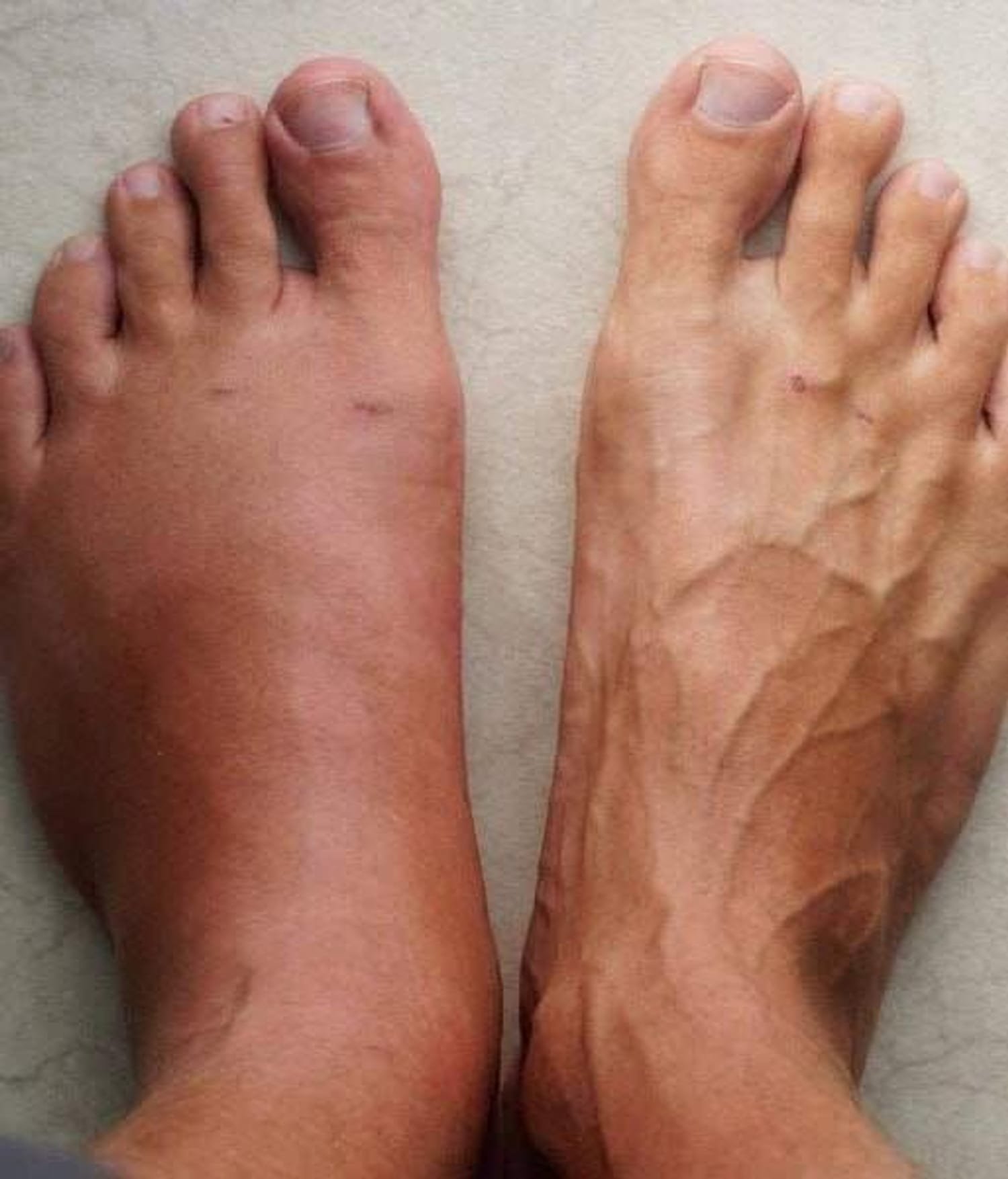Main Causes and Risk Factors of Heart Attacks
Heart attacks, one of the leading causes of death in the U.S., are often fueled by high-stress lifestyles and unhealthy diets. While adopting a healthier lifestyle can reduce the risk, recognizing the symptoms early can be lifesaving. Here’s a breakdown of 7 key warning signs that might indicate a heart attack is just weeks away.
1. Swollen Feet: A Subtle Red Flag
Swelling in your feet, ankles, or legs (edema) can indicate congestive heart failure. When the heart struggles to pump blood efficiently, fluid builds up in these areas. Don’t ignore persistent swelling; it’s a sign to consult a doctor.

2. Persistent Fatigue: When Tiredness Feels Unusual
Feeling constantly exhausted? Narrowing arteries reduce blood flow to your heart, forcing it to work harder. If you’re overly drowsy or tired without reason, this could signal trouble.
3. Shortness of Breath: A Connection Between Heart and Lungs
Reduced blood flow to the heart also limits oxygen supply to the lungs. If you’re experiencing unexplained breathing difficulties, this could mean a heart attack is imminent.
4. Sudden Weakness: Your Muscles Are Starving for Blood
Weakness or sudden fainting can result from poor blood circulation. Narrow arteries restrict blood flow, depriving your muscles of essential nutrients. Stay cautious if you feel weak for no apparent reason.
5. Dizziness and Cold Sweats: A Dangerous Combination
Restricted blood flow to the brain may cause dizziness, clamminess, or cold sweats. These symptoms can escalate quickly and should be treated as urgent.
6. Chest Pressure: The Classic Heart Attack Warning
If you’re experiencing persistent discomfort, tightness, or pressure in your chest, don’t delay seeking help. This symptom often builds up until a heart attack occurs.
7. Flu-Like Symptoms: An Overlooked Signal
Feeling as though you’re coming down with the flu days before a heart attack is common. If flu-like symptoms occur alongside other warning signs, act immediately.
How to Lower Your Risk and Recognize the Signs Early
Prevention starts with awareness and lifestyle adjustments. Follow these steps:
- Know Your Family History: Understanding hereditary risks is vital.
- Reduce Stress: Chronic stress increases heart attack risks. Incorporate relaxation techniques like meditation or yoga.
- Eat Heart-Healthy Foods: A diet rich in fruits, vegetables, and whole grains supports heart health.
- Stay Active: Regular exercise strengthens the cardiovascular system.
- Stay Updated on Research: New treatments and studies offer better ways to combat heart disease.

